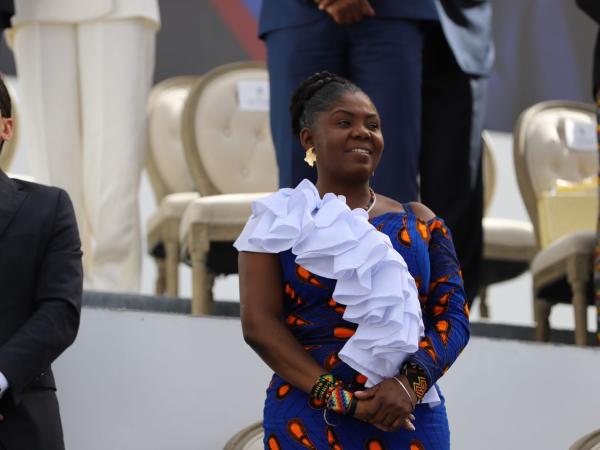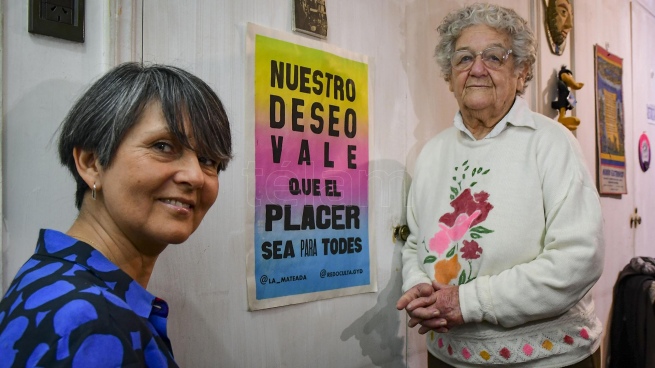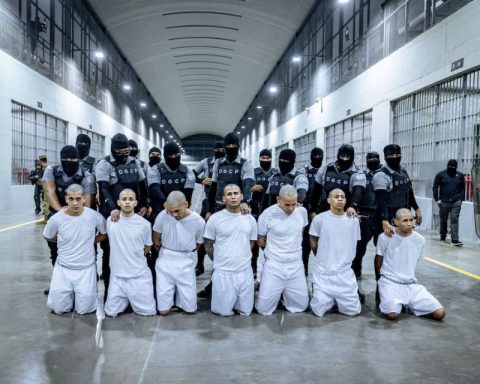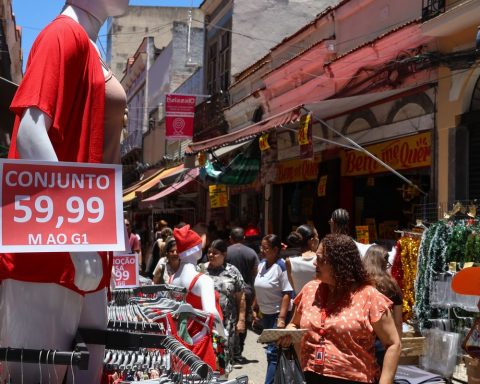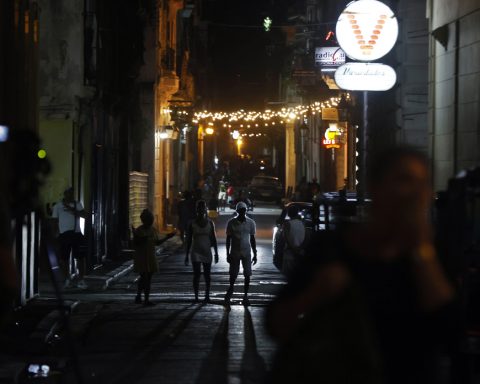The Council of Justice, within the proposal for a new Constitution, is the body that would be in charge of the appointments – via public competition -, sanctions, qualifications, promotions, transfers and removals of more than 2 thousand judges, among them, those who make up the Supreme Court. But, in addition, said body would carry out a comprehensive review of the management of all the courts of the Judicial Power -which would be called the National Justice System-, at least every five years in public hearings and that, “in no case, would it include the resolutions judicial”.
As a counterpoint to criticism, from Portugal – a country that served as a model for the approach to justice systems approved in the Constitutional Convention – the current president of the International Union of Judges (UIM) and president of the Oporto Court of Appeal, José Igreja Matos, considers that it is a “balanced proposal”. It is worth mentioning that the UIM is an associative body based in Austria, which brings together judges’ associations from 94 countries on all continents.
Igreja Matos is emphatic in pointing out that “it seems to me that the proposal is balanced, without any doubt, in particular regarding the idea of the independence of the Judiciary and the creation of the Council of the Judiciary. It is important to underline that UIM has the Universal Statute of the Judge –which was first adopted in Taiwan in 1999, and has been updated and unanimously approved again in 2017, precisely in Chile– and that in its article 2, in paragraph 3, It could not be clearer when it says that, in order to safeguard judicial independence, a Council of the Judiciary or another equivalent body must be created, with the sole exception of countries where this independence is traditionally guaranteed by other means. In the case of Chile, after the dictatorship, and with all the problems that have arisen from the 1980 Constitution, it seems clear to me that the option of the Council of Justice is the one that is more in line with the Universal Statute of the Judge.”
On the other hand, the president of the UIM adds that “there are some things that have impressed me about the proposal for a new Constitution, because it is a proposal that, in addition to trying to meet international standards – with the existence of a Council of Justice and its diversified composition–, there is a concern that is original and innovative, which is the gender issue. I sincerely believe that it is a positive advance, because I have never found a Constitution that underlines the issue of gender parity in such an impressive way , and I think that comes from the fact that we are talking about a Constitution of 2022 and, like everything in life, you cannot make a Constitution in 2022 that does not seek to meet the challenges that exist today. So I see it as innovative, pioneering and positive , because I believe that, in that aspect, it is a Constitution that is aware of today’s challenges”.
Council of Justice and legal pluralism
According to the proposed new Constitution, the Justice Council is made up of 17 people. Of them, 8 are judges; 2 judicial officials; 2 representatives of the indigenous peoples and nations and 3 would be elected by the Congress of Deputies and the Chamber of Regions. These 3 members must apply for a public contest through the Senior Public Management, which must prepare a short list and send it to Congress.
An idea that aroused the concern of the Supreme Court, and that its president, Juan Eduardo Fuentes, pointed out to President Gabriel Boric, in a meeting they held at the Palacio de La Moneda, last April, in the midst of the work of the Convention. After the meeting, Fuentes said that, in his opinion, this Council should be made up mostly of judges, to protect the independence of the courts. “What interests us is that the impartiality, independence and autonomy of the judges be ensured, in order to act with absolute independence in the face of the problems that the users of the system are going to present,” he added.
But for José Igreja Matos, considering a historical and conceptual vision in the world context, the Justice Councils have been an “optimal” solution to avoid the totalitarian temptation of the other powers – mainly Executive – and that is why, in his judgment, have been created. “In Europe, the Judicial Councils had their greatest consolidation after the end of the Second World War, particularly in Italy and France, and later in the Iberian countries, such as Portugal and Spain. It is no coincidence that, after the fall of the Berlin wall, practically all the countries that have left the system that existed until then, have created this type of bodies.It has been perceived that the existence of a Justice Council would be important to have a body independent of the Executive and Legislative, which could operate as a system to counterbalance the authoritarianism of some politician on duty or a government with more autocratic tendencies”, points out the Portuguese lawyer.
In addition, the president of the UIM adds that, in the case of Latin America, there are Councils of the Judiciary in almost all countries, where, however, their origin is different, in which what was sought was to avoid the verticalization of the justice and the concentration of power in the judicial leadership, “which were often perceived as linked to political power, in which their appointment normally rests. And in this way, they sought to guarantee the independence of the judges, compromised by internal influence of the Judiciary, within a hierarchical structure. That happened in the past, and the Council of Justice has that advantage, which is to give a little oxygen to the system, allowing to displace that problem of the concentration of a power that was very restricted to the supreme courts, with various problems of internal independence, and now we have a plural body, which, although it has a majority of judges, at the same time has other elements of civil society, and mainly and in the judges members it has representatives of all the instances of the magistracy, not only of the Supreme Court”.
Finally, and regarding one of the most criticized matters of the proposed new Constitution, legal pluralism, and the relationship between traditional justice and indigenous justice, Igreja Matos points out that it is an issue on which he remains “expectant” , because in his experience as a legislator in Europe, he has never observed the existence of alternative systems to the traditional system of Justice, and because there could be possible difficulties in reconciling legal pluralism. Given this, he underlines that “the most important thing is that justice, whatever its system, bear in mind the decisive importance of fundamental rights, and that, whatever the structure of the system that is applied, that in the first line they remain very clear the essential principles of dignity of the human person, gender parity, elements that must be very present in all the options that are decided in the future”.












